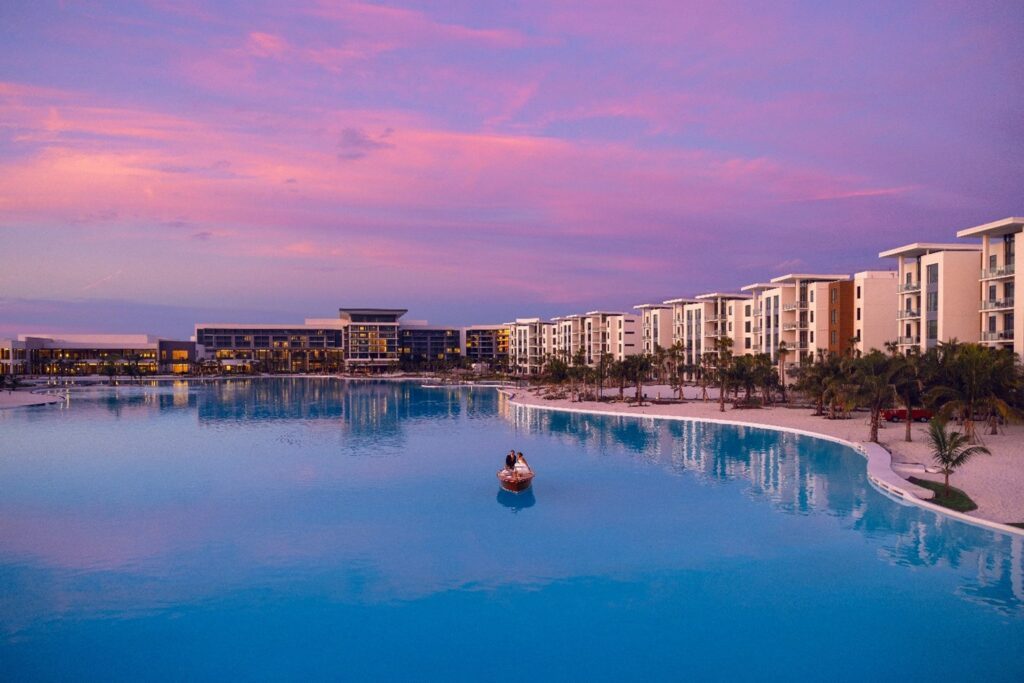I attended the HX: The Hotel Experience 2016 conference at the Javits Center in New York City between November 12th through November 14th where I had the opportunity to connect with industry executives from Interstate Hotels & Resorts, Wyndham Group, Northcott Hospitality, and B.F. Saul Company Hospitality; hotel and restaurant operations managers; hotel owners; industry suppliers; hotel interior and exterior designers; and brand representatives from G6 Hospitality, Red Roof, and Best Western and SureStay. Furthermore, I had the unique opportunity to tour IHG’s EVEN hotel flagship in Times Square off 35th Street and the InterContinental Barclay off 48th Street, which opened in spring 2016 after a 180 million renovation. The following highlights are the latest trends I gathered from the conference:
- Technology continues to redefine the guest experience, marketing, and operations for hotel and restaurant operators. And technology extends beyond social media marketing and intuitive mobile applications. Qing Qu, a senior economist at Google, illustrated how Google Analytics can be used by industry professionals to gauge trends and better understand habits of guests to better forecast performance and tailor marketing initiatives.
- Analytical insights presented by a representative from Mastercard showed American spending on travel and other experience-related services and products continue to increase year over year while spending on many tangible goods is stagnant or decreasing. This reinforces the trend people are preferring experiences over material goods. Spending on hotels, airlines, entertainment, and food and beverage is forecasted to increase in the U.S. and globally in 2017.
- Although industry professionals project lower RevPAR growth in 2017, there is still a significant amount of optimism for the industry. Gateway cities like Miami, New York City, Orlando, and Los Angeles are expected to experience slower RevPAR growth sooner compared to secondary and tertiary markets that have not had as much supply additions.
- There was not a significant amount of concern for peer-to-peer accommodations like Airbnb, rather many industry professionals felt this accommodation option could coexist with the hotel industry. The biggest concern was that peer-to-peer services compete on a level playing field with hotels, which are required to collect taxes, pay licensing fees, and held to higher safety standards.


